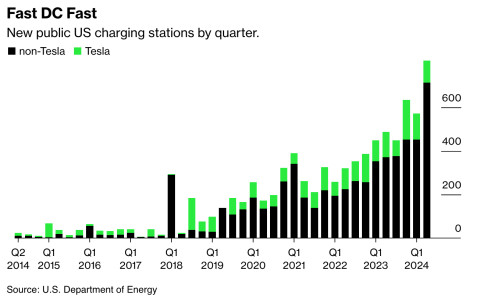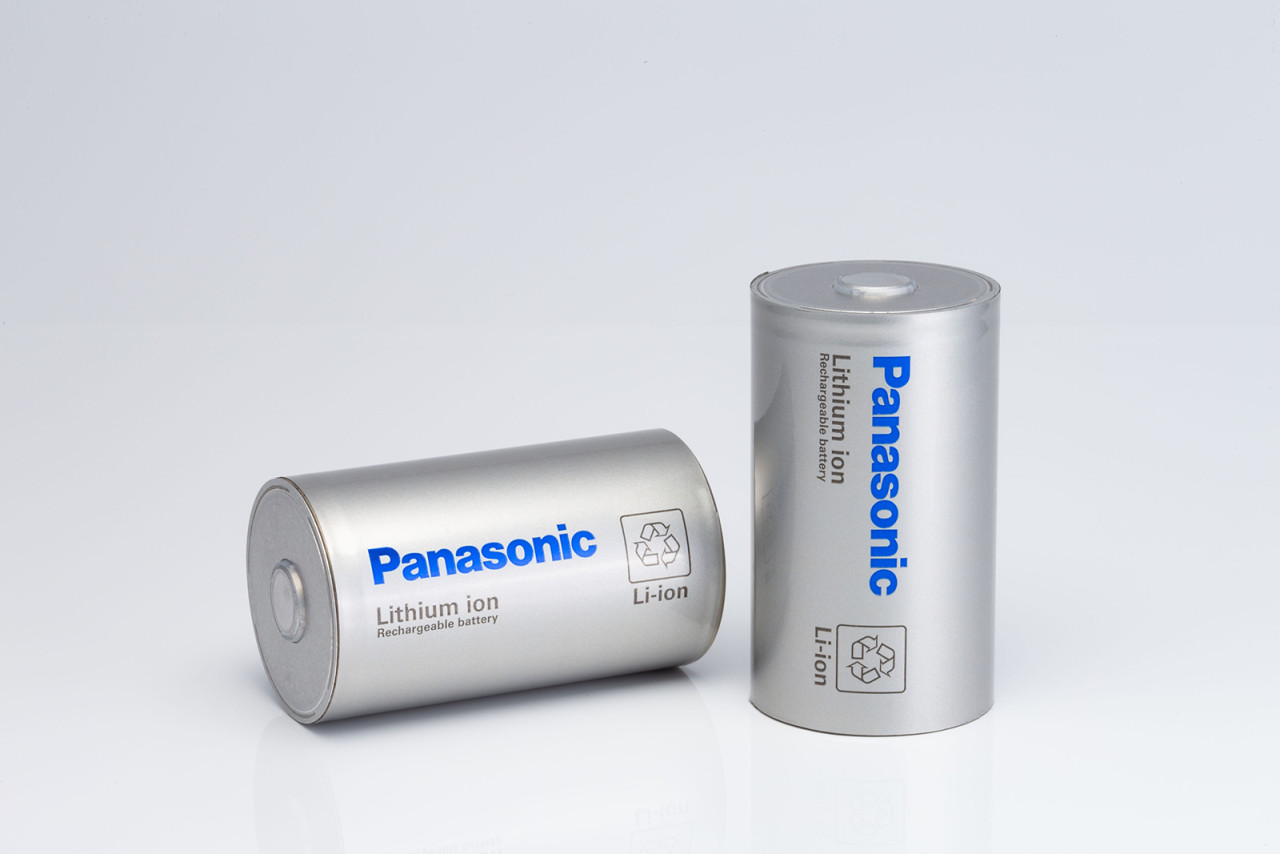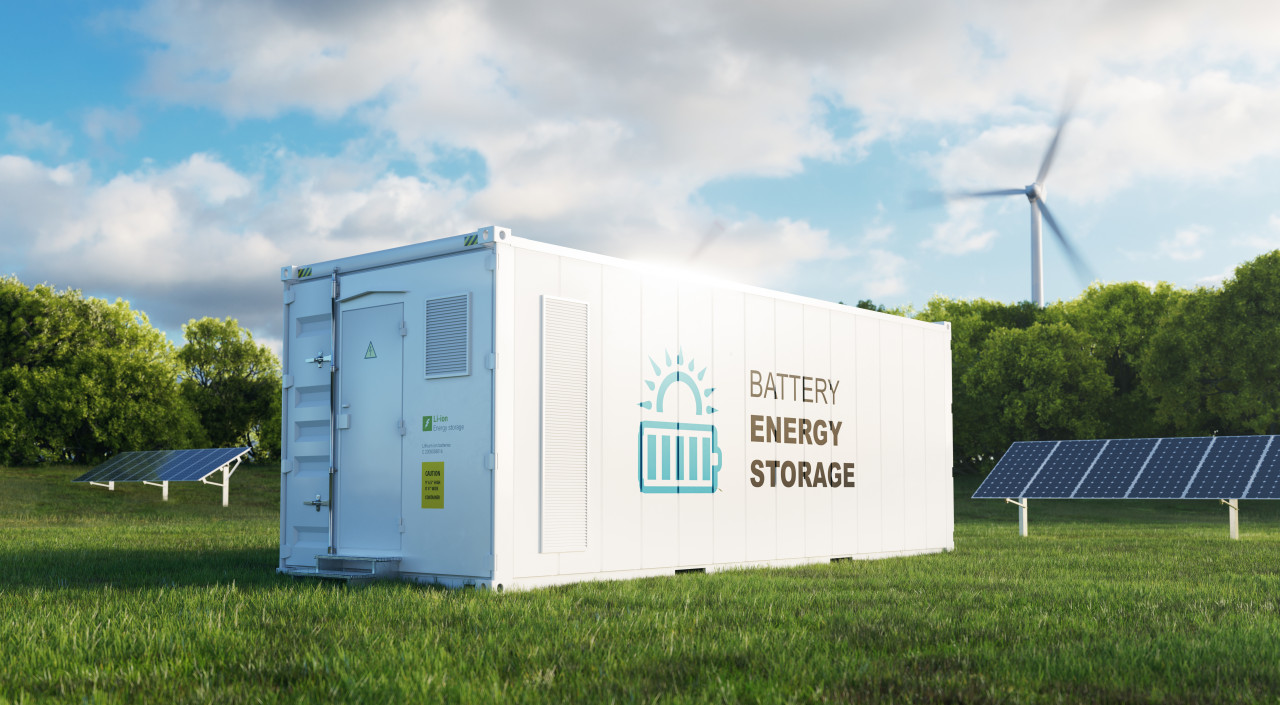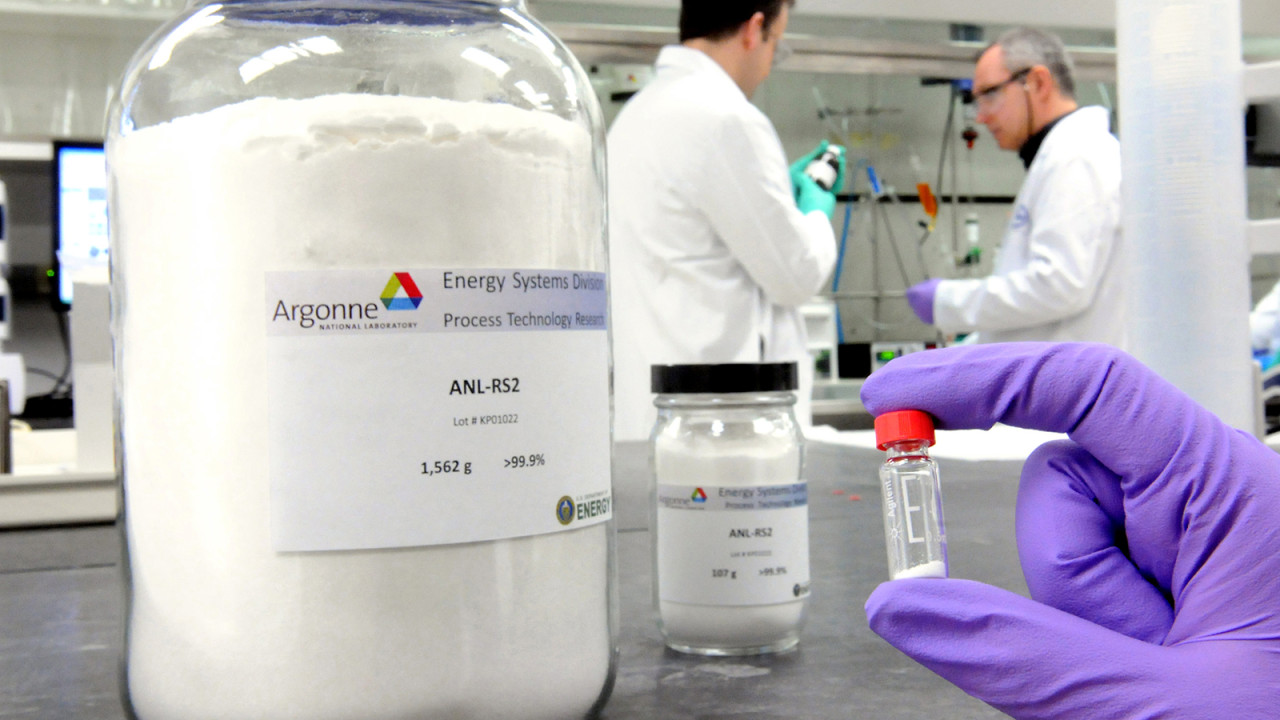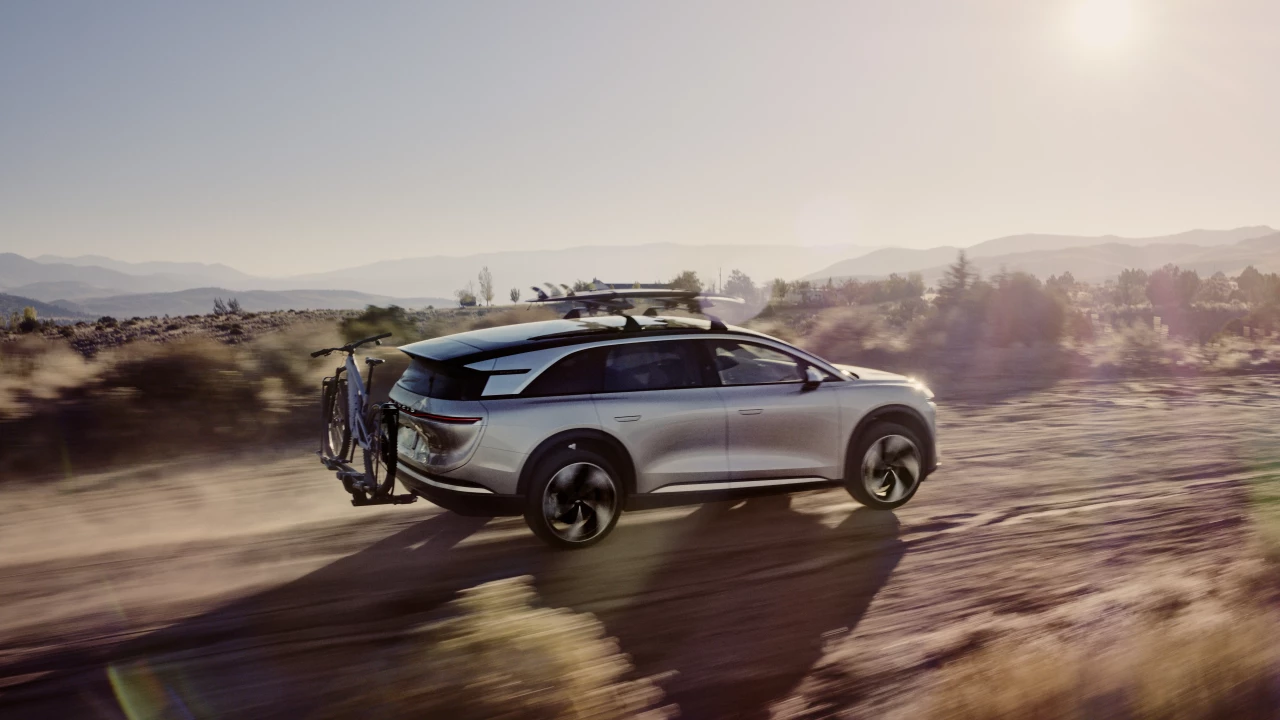Panasonic Energy readies Japanese factory to manufacture next-gen cylindrical EV batteries
Panasonic Energy announced that it had revamped its Wakayama factory in Western Japan to mass produce 4680 cylindrical automotive lithium-ion batteries.
Wakayama will serve as the mother factory for the new cells -- which mark a much-anticipated breakthrough in the industry -- and as demonstration hub for new products and manufacturing methods, the company announced.
The 4680 cell format of cylindrical lithium-ion batteries for electric vehicles (EVs) offers substantial improvements over the conventional 2170 cells, the company said in a release. "These new cells possess five times the capacity of the 2170 cell. This not only extends the driving range of EVs, but also reduces the number of cells required for the same battery pack capacity. This results in a more efficient battery pack assembly process and ultimately lowers the cost of EVs, making them more affordable to a wider market," it added.
Kazuo Tadanobu, President and Executive Officer, Panasonic Energy, said in a statement: "I am confident it [the 4680 cell] will significantly revolutionize the battery and EV industry. As we add the 4680 cell to our lineup, we'll cater to a broader range of needs, further promoting the use of EVs and advancing our mission of fostering a sustainable society."
The manufacturing process of the 4680, with its larger capacity per cell, requires more advanced technology and expertise. Panasonic claims it leveraged 30 years of know-how in the development of cylindrical lithium-ion battery technology to pioneer a mass production method for high-performance 4680 cells, thus creating an industry benchmark.
The Wakayama factory plans to utilize renewable energy sources such as solar power and onshore wind power to ensure virtually zero CO2 emissions during the production processes.
Panasonic said this energy-conscious approach has already been implemented at the company's Moriguchi base and Kaizuka factory in Osaka, and that all nine of its domestic manufacturing bases had achieve carbon neutrality as of September 2024. It aims to roll out such carbon-neutral processes to all 20 of its global bases by March 2029.
